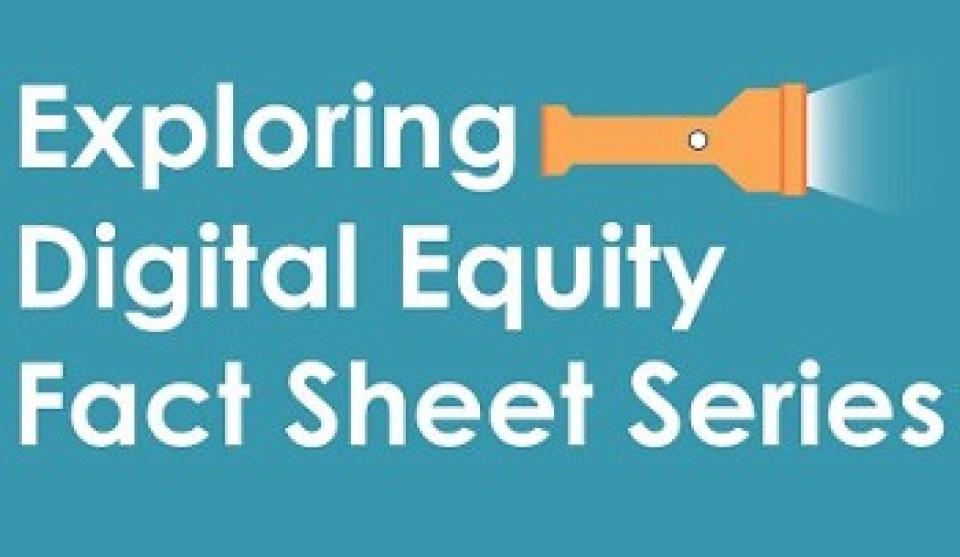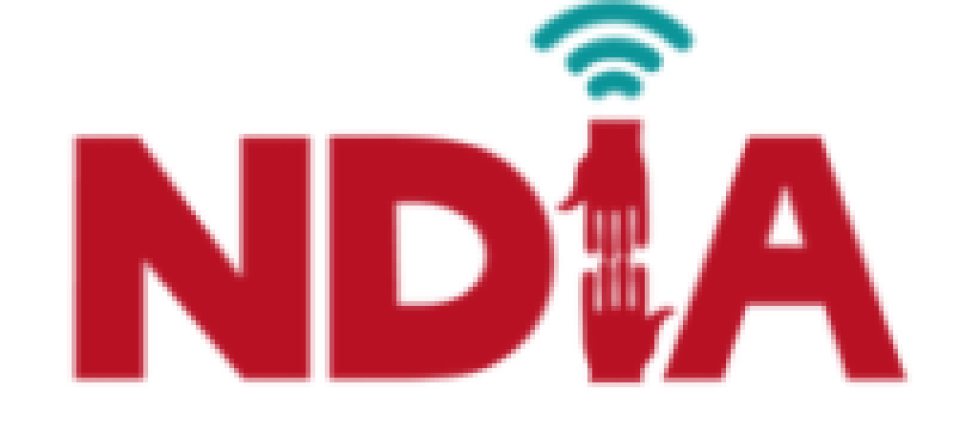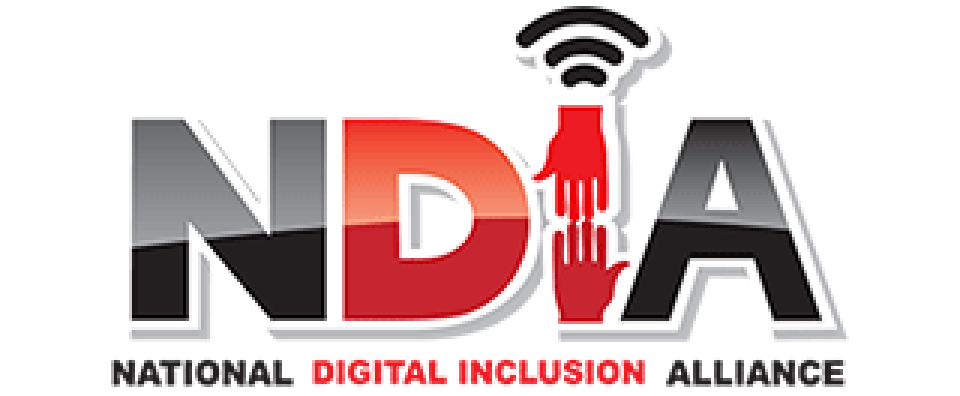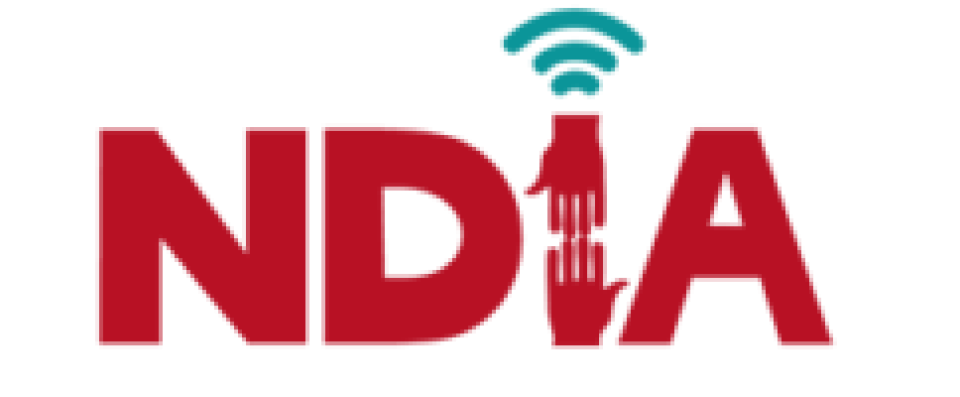
Fast, affordable Internet access for all.

What is digital equity? And why is access to ubiquitous, reliable and affordable high-speed Internet service so vital? The technological issues involved can sometimes seem confusing, especially for those who came of age before the Internet fundamentally transformed how we interact.
That’s why the Institute for Local Self Reliance, with support from AARP, has created the Exploring Digital Equity Fact Sheet Series. The series contains six user-friendly, easy-to-understand fact sheets to help demystify the challenges associated with creating digital equity.
We are releasing the entire series today, while AARP will feature the fact sheets as part of its Livable Communities initiative, an effort to support neighborhoods, towns, cities and rural areas in creating safe, walkable streets; age-friendly housing and transportation options; access to needed services; and opportunities for residents of all ages to participate in community life.
Both ILSR and AARP have created landing pages for the fact sheets as well. You can find our landing page here, and the fact sheet landing page for AARP here.

The fact sheets series ultimately highlight how expanding Internet access to everyone who wants it isn’t an infrastructure problem alone. Achieving digital equity for everyone in a community is a multi-faceted endeavor, and requires engaging and activating an array of stakeholders. The Exploring Digital Equity Fact Sheet Series unpacks the issues, challenges, and opportunities today.
On Wednesday, March 16th, the Institute for Local Self-Reliance teamed up with the National Digital Inclusion Alliance for a two-hour, fast-paced webinar on the ways communities can accomplish digital equity goals called Building for Digital Equity: Demystifying Broadband Policy and Funding. It was just as fun to do as we hoped, and packed with speakers providing practical, easy-to-understand advice and a wonderful audience full of questions and additional information.
We heard from an array of people and about a host of projects, from Broadband Action Teams in Washington state, to coalitions in Maine, an update on the Digital Navigator model, mapping, talking to local governments, and a breakdown of the funding available to communities.
If you did not have a chance to leave feedback for us, please do it here - especially if you have ideas for segments in future events.
We also want to make sure you have links to all of the resources shared by the event speakers:
Two years after launching a community-based model to help residents overcome the digital skills challenges that keep so many offline, the National Digital Inclusion Alliance (NDIA) announced in February 2022 that it has received a $10 million grant from Alphabet subsidiary Google to dramatically expand the impact of its Digital Navigator Corps model across the country. The money will allow NDIA to take the Corps nationwide to 18 new rural communities (including Tribal sites), helping thousands of people overcome adoption barriers with the help of local experts.
Filling a Need at the Onset of the Covid-19 Pandemic
In August of 2020, NDIA first announced the launch of its new venture - the Digital Navigator initiative - to directly reach the many households across the United States that have access to wireline infrastructure but lack the knowledge, skills, trust, or comfort to turn that possibility into an affordable connection. The goal was to help people “get connected with affordable home Internet [access], find affordable computing devices, and learn basic digital skills,” and was borne directly out of the onset of the Covid-19 pandemic the previous spring.
The Salt Lake Public Library and Rural LISC were pilot partners, but NDIA has since worked with more than 20 organizations and communities over the last two years in addition to releasing a cornucopia of resources for cities and anchor institutions that to adapt and use as they see fit, in places as wide ranging as Austin, Cleveland, Denver, Nashville, Philadelphia, Portland, Providence, and Seattle. All of this work has led to refinement of the Digital Navigator model while also helping thousands get and stay online.
Last week we invited you to save the date for a two-hour livestream event Building for Digital Equity: Demystifying Broadband Policy and Funding that the Institute for Local Self-Reliance (ILSR) is co-organizing with the National Digital Inclusion Alliance (NDIA).

We told you this event – which will be held on Wednesday, March 16th, from 2-4pm ET – was not going to be your average conference or webinar with 45-minute panels that make your derriere doze off or your eyes glaze over like a stale donut.
We are aiming for a fast-paced, fun, and interactive virtual gathering of network builders, local stakeholders, policy advocates, and funding experts from across the country that will feature a mix of short presentations, a sprinkling of trivia and prizes, and panels with Q & A’s that will be accessible on a variety of popular social media platforms.
Well, the event is coming together, promising to offer practical insights on how communities can seize this unprecedented moment to pursue community-driven broadband solutions.
You can register for the event here.
Here’s a sneak peek at the line-up:
We're living through a time with an unprecedented level of broadband infrastructure funding, fueled not only by the American Rescue Plan, but the Consolidated Appropriations Act, the Coronavirus Capital Projects Fund, and the Infrastructure Investment and Jobs Act. Hundreds of community-driven projects are already underway, but finding solid footing amidst these programs, statutes, and evolving rules is difficult.
To help, the Institute for Local Self-Reliance is teaming up with the National Digital Inclusion Alliance for a two-hour livestream event to demystify the landscape. On Wednesday, March 16th, from 2-4pm ET, we're hosting an online conversation to bring together local stakeholders, policy advocates, and funding experts in one place. We're calling it Building for Digital Equity: Demystifying Broadband Policy and Funding.

But this isn't your average conference or webinar, with 45-minute panels that make your butt go numb and your eyes glaze over. Oh no. We're aiming for a fast-paced, fun, and most importantly interactive conversation between policy advocates, network builders, local officials, and anyone else interested in learning how we can ensure that the tens of billions in upcoming infrastructure funding goes to solving the connectivity crisis permanently rather than once again disappearing into the pockets of the monopoly Internet Service Providers (ISPs).
Because of the pandemic, for the past two years the annual Net Inclusion conference had been held virtually. This year Net Inclusion 2022 – bringing together digital inclusion advocates, academics, Internet Service Providers, and policymakers – will return to an in-person event.
As in years past, the conference is being organized by the National Digital Inclusion Alliance (NDIA), a national grassroots organization that works collaboratively with digital inclusion practitioners and advocates “to craft, identify and disseminate financial and operational resources for digital inclusion programs while serving as a bridge to policymakers and the general public.”
The three-day conference, which will be hosted at Portland State University in Portland, Oregon Feb. 15-17 and livestreamed to accommodate those unable to travel, will feature interactive sessions that range from celebrating the “Digital Equity Champion Awards,” a plenary on federal broadband funding, another that explores structural racism featuring NDIA's own Regina Cooper Benjamin, culminating in a fireside chat with FCC Chairwoman Jessica Rosenworcel.
The panel speakers are a Who's Who of community broadband experts. ILSR’s Christopher Mitchell will be on a panel to talk about “Building Subsidized & Affordable Broadband.” Deb Socia of the Enterprise Center will join a panel on "Economic Development and Digitial Inclusion," while Next Century Cities' Francella Ochillo will be a featured speaker on a panel that explores "Local Government Funding, Office, Coordination & Policy."

In addition to the panel discussions, each day will include lightning rounds and break-out sessions that center around three focus areas:

This week, we are releasing a bonus episode of the Community Broadband Bits Podcast, featuring a recent National Digital Inclusion Alliance (NDIA) webinar on the Infrastructure Investment and Jobs Act (IIJA) that recently passed in Congress.
In this webinar, NDIA Policy Director, Amy Huffman breaks down the programs created by the more than $65 billion that’s been allocated to broadband infrastructure. Huffman explains how communities and organizations can be eligible to receive funds through the Digital Equity Act and sub grants through the Broadband Equity, Access and Deployment Program.
For more information, including the video webinar with slides and a list of frequently asked questions go to this NDIA blogpost.
This show is 56 minutes long and can be played on this page or via Apple Podcasts or the tool of your choice using this feed.
Transcript below.
We want your feedback and suggestions for the show-please e-mail us or leave a comment below.
Listen to other episodes here or view all episodes in our index. See other podcasts from the Institute for Local Self-Reliance here.
Thanks to Arne Huseby for the music. The song is Warm Duck Shuffle and is licensed under a Creative Commons Attribution (3.0) license.

For episode 14 of our bonus series, “Why NC Broadband Matters,” we’re joined by Amy Huffman, Policy Director at National Digital Inclusion Alliance (NDIA) and Christa Vinson, Program Officer of Rural Broadband and Infrastructure at Local Initiatives Support Corporation (LISC), to talk about the state of digital inclusion across the country.
Vinson updates us on the recent developments with the collaboration LISC and NDIA have been working on to bring rural Digital Navigators (DNs) to 32 communities across 20 states. As the federal government begins to recognize the importance of digital inclusion and equity, DNs are helping fill a role in the community to build digital skills in the community.
The three also discuss the $10 billion Coronavirus Capital Projects Fund that has been allocated through the American Rescue Plan Act and the newly released program guidelines. They talk about the potential to use these funds to address digital inclusion — pointing out that an eligibility condition for the projects is providing an affordable option for low income families.
This show is 34 minutes long and can be played on this page or via iTunes or with the tool of your choice using this feed, at the Community Broadband Bits page, or at the NC Broadband Matters page. We encourage you to check out other "Why NC Broadband Matters" content at the podcast feed so you don't miss future bonus content that may not appear in the Community Broadband Bits Podcast feed.
Transcript below.
We want your feedback and suggestions for the show-please e-mail us or leave a comment below.
Listen to other episodes here or view all episodes in our index. See other podcasts from the Institute for Local Self-Reliance here.
Thanks to Shane Ivers for the Music: What's The Angle? by Shane Ivers - https://www.silvermansound.com a Creative Commons Attribution (4.0) license.
The National Digital Inclusion Alliance's Net Inclusion conference this year is a webinar series, running eight consecutive weeks between April 7 and May 26. One-hour webinars at 1pm ET on Wednesday each week will feature a diverse cast of policy experts, advocates, city officials, and nonprofits to talk about what's going on at the local and state level. Register free here.
The first panel, titled "The Structural Racism Behind Digital Inequity," will feature Chrissie Powell (Executive Director, Byte Back Baltimore), James Walker, II (Founder/CEO, Informative Technologies Inc.), Quincy B. (Founder & Director, EraseTheRedline Inc.), and Rebecca Kauma (Economic and Digital Inclusion Program Manager, City of Long Beach). The panel will be moderated by Alisa Valentin (Special Advisor, Office of FCC Commissioner Geoffrey Starks).
See the list of subsequent panels below:
During the final event on May 26th, the NDIA will announce the winners of this year's Digital Equity Benton Awards. Two awards will be handed out this year. The first is the Digital Equity Champion, which “will recognize an outstanding individual who has made a difference in the field of digital equity.” The Emerging Leader Award, on the other hand, will “acknowledge an up-and-coming digital inclusion practitioner.”
Read more about the awards here.
It’s February, which means the National Digital Inclusion Alliance (NDIA) is once again taking applications for the 2021 Charles Benton Digital Equity Champion Awards. The deadline is February 12th.
From the announcement:
Named for Charles Benton, the founder of Benton Institute for Broadband & Society, NDIA created the awards to recognize leadership and dedication in advancing digital equity: from promoting the ideal of accessible and affordable communications technology for all Americans to crafting programs and policies that make it a reality.
Two awards will be handed out this year. The first is the Digital Equity Champion, which “will recognize an outstanding individual who has made a difference in the field of digital equity.” The Emerging Leader Award, on the other hand, will “acknowledge an up-and-coming digital inclusion practitioner.”
Winners will be chosen based on their past work and commitment to advancing digital equity across the country. Nomination will be judged according to individuals’:
- Sustained commitment to digital inclusion programs, practices, and/or policy work
- Applied innovative approaches to addressing and solving problems
- Extensive use of data and evaluation to shape digital inclusion programs and share best practices
- Demonstrated leadership in his/her community, and/or
- Collaboration that can be scaled and replicated
Winners will be announced at the upcoming Net Inclusion webinar series, which runs from April 7th to May 26th. You can register for the event here.
Past winners include Rebecca F. Kauma, Economic and Digital Inclusion Program Manager at The City of Long Beach, for her work on leading more equitable economic and digital inclusion outcomes for the city’s low-income neighborhoods and community of color, and Deb Socia, CEO of the Enterprise Center in Chattanooga, Tennessee.